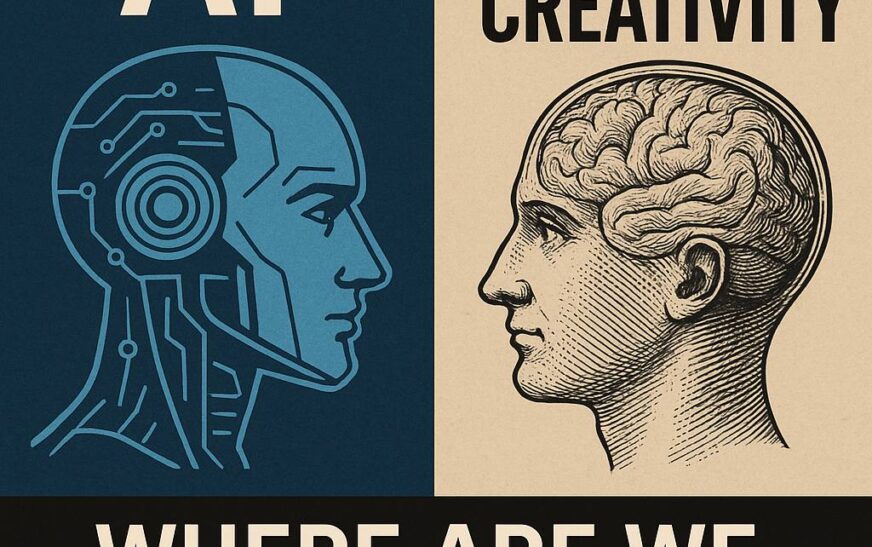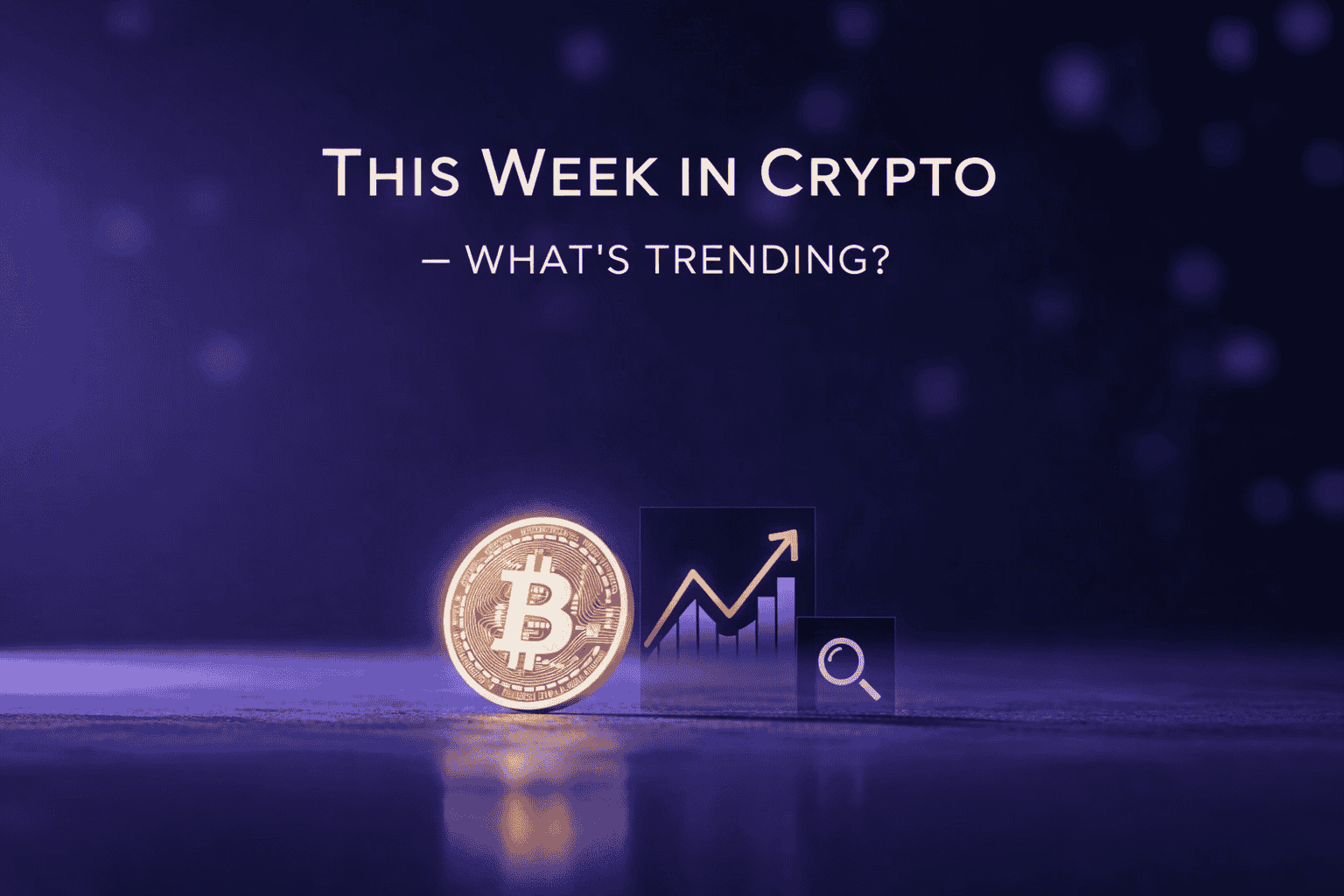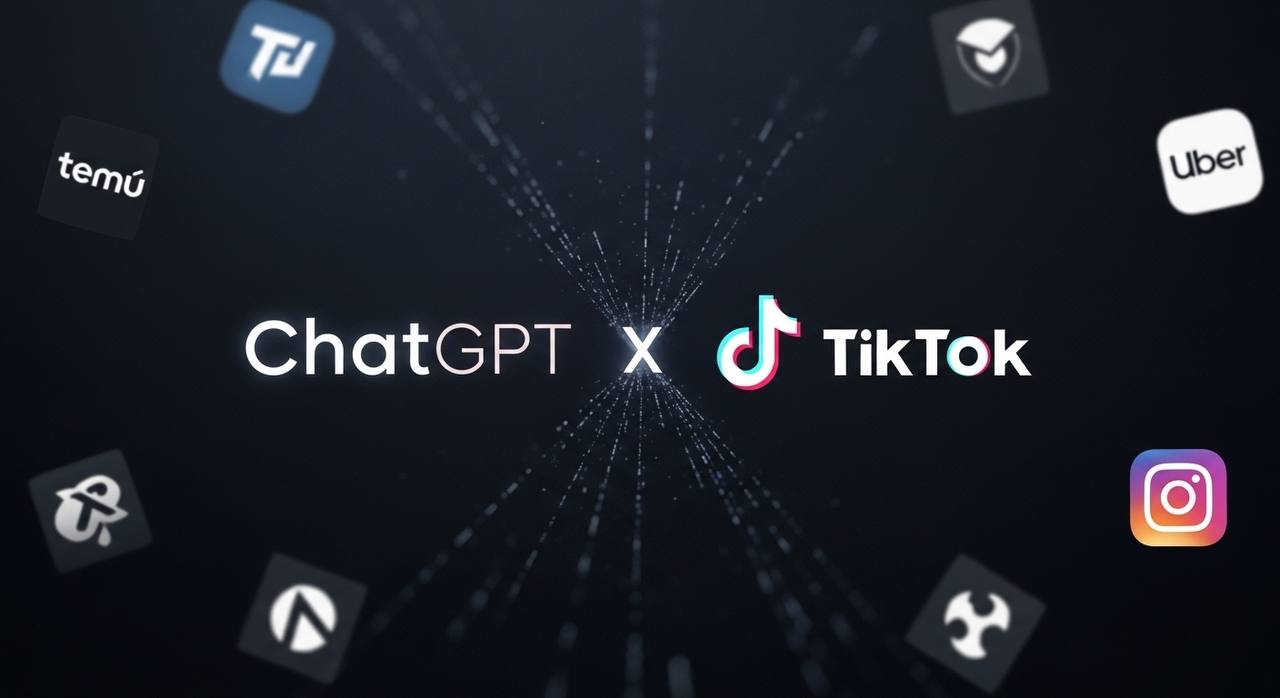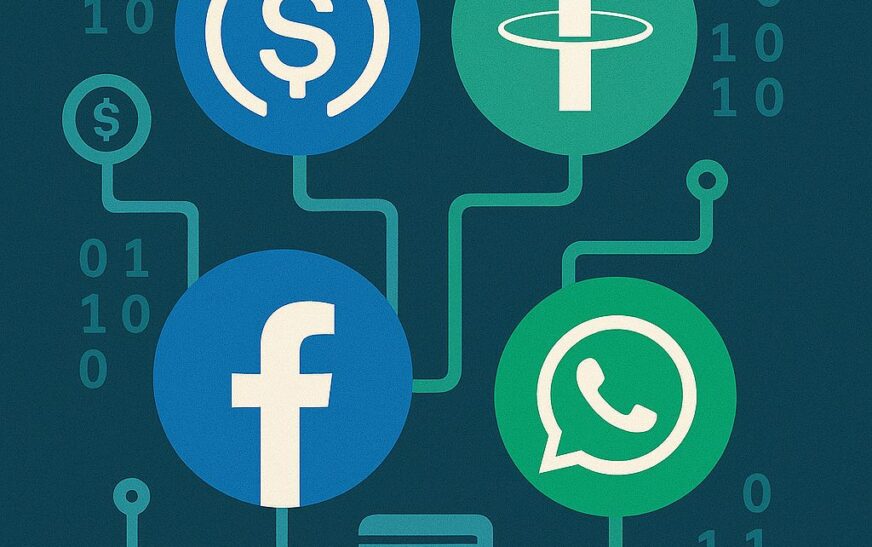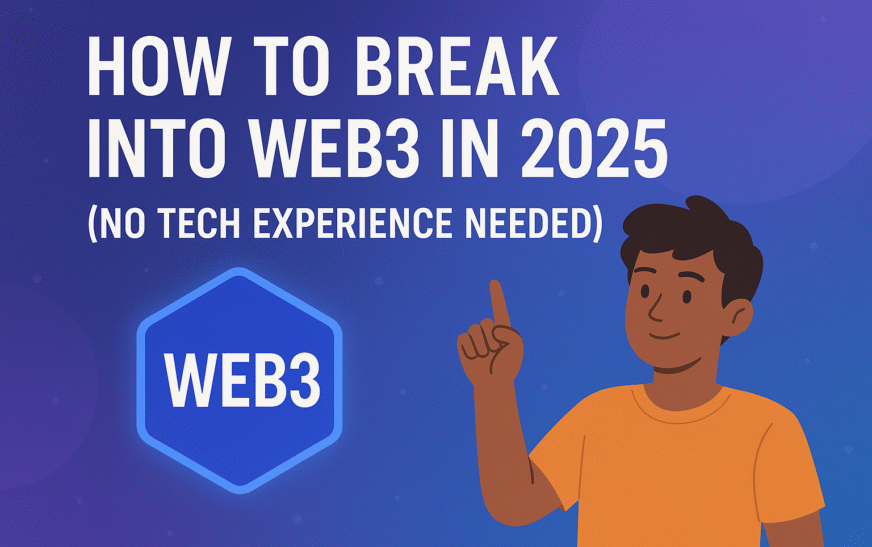Will AI Replace Human Creativity
Artificial intelligence is rapidly changing the way we live, work, and create. From AI-generated art to music composed by algorithms, we’re witnessing a transformation unlike any before. But as machines begin to “create,” a key question arises: Will AI replace human creativity—or help it evolve?
In this post, we’ll explore what makes creativity uniquely human, how AI is changing the creative landscape, and where this powerful partnership might lead us.
What Is Creativity, and Why Does It Matter?
To begin with, creativity is not limited to painting or poetry. At its core, it’s the ability to generate original and valuable ideas. It includes problem-solving, storytelling, innovation, and design—skills that shape progress in every field.
While humans rely on emotions, personal experiences, and intuition, machines rely on data and pattern recognition. This raises the question: Can true creativity exist without emotion?
What AI Is Already Doing Creatively
AI is no longer just a tool for calculating numbers or automations. In fact, it is already being used in several creative domains:
- Writing news articles, short stories and poems
- Generating music and movie scripts
- Designing logos and websites
- Creating hyper-realistic images and videos
- Powering tools like Adobe Firefly, RunwayML, and Midjourney
It’s fast, it’s cheap, and it never sleeps.
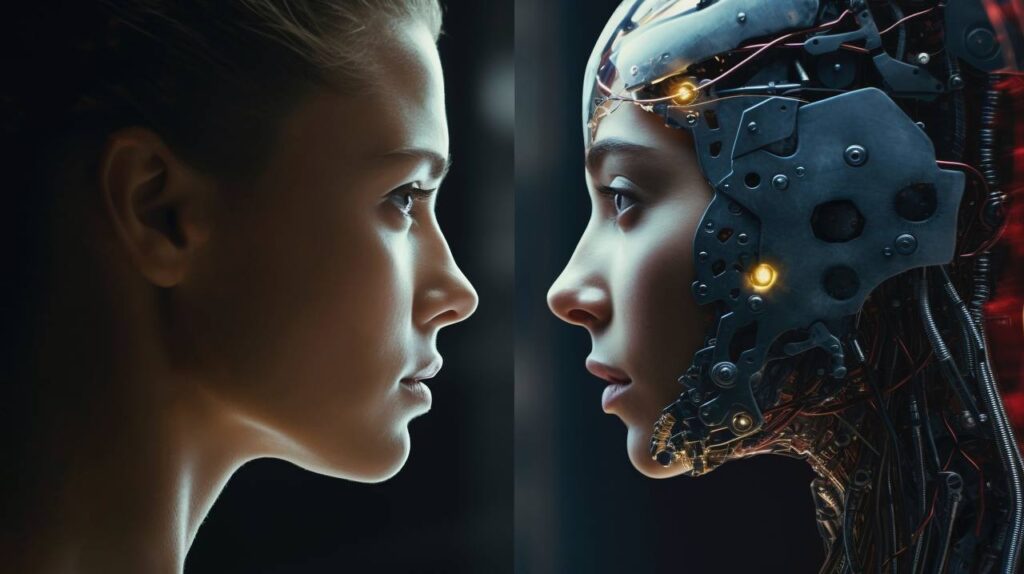
How Human Creativity Is Different
Humans bring a layer of depth that machines can’t match—yet:
- Emotional resonance: We create based on lived experience.
- Imperfect brilliance: Mistakes often lead to breakthrough ideas.
- Context awareness: We create with cultural, historical, and social nuance.
While AI can remix, replicate, and even suggest new ideas, it lacks true intention or meaning.
AI as a Creative Partner (Not a Replacement)
Rather than viewing AI as a threat, many creatives now see it as a collaborator:
- Writers use AI to overcome writer’s block or outline ideas.
- Designers generate multiple concepts in seconds.
- Musicians explore new sounds and genres with AI-based tools.
The key is human curation—knowing what to keep, what to discard, and what resonates.
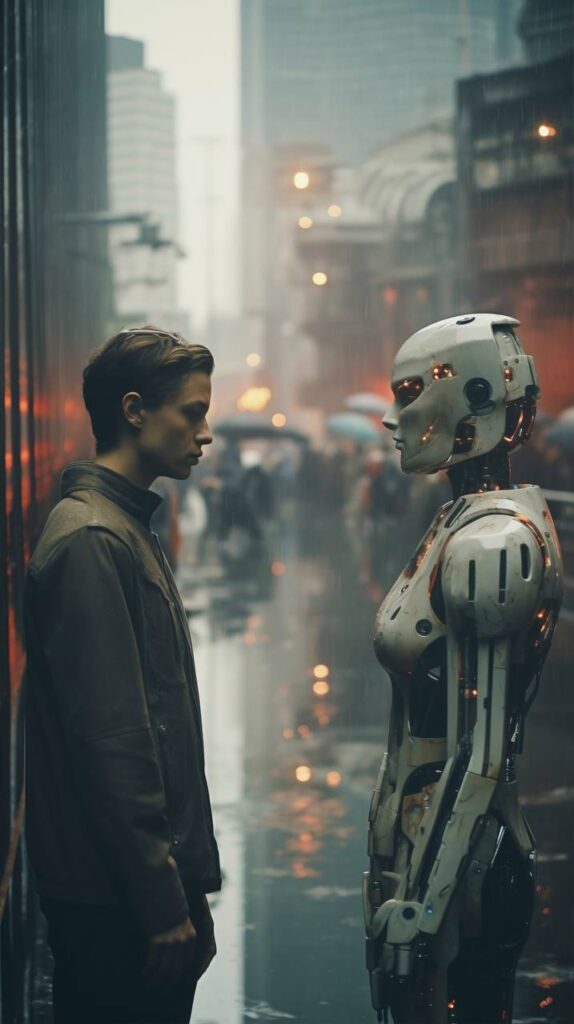
The Ethical Side: Ownership, Originality, and Bias
AI raises tough questions:
- Who owns AI-generated art?
- Is it ethical to train AI on human work without permission?
- Can AI creativity reflect—or reinforce—biases?
The legal and ethical frameworks are still catching up, but they will define how we use these tools moving forward.
Where Are We Headed?
We’re entering a hybrid era:
- AI will amplify creative potential, especially for non-experts.
- Human creativity will shift toward ideation, emotion, and storytelling.
- The most successful creators will know how to use AI wisely.
Final Thoughts
AI is not the end of human creativity—it’s a new beginning. It’s a chance to focus less on the “grunt work” and more on the magic of imagination, vision, and impact.
The future of creativity is not man or machine. It’s man with machine.
What’s your take on AI-generated art or writing? Drop your thoughts in the comments below—let’s talk about the future of creativity. Also subscribe to get more tech updates like this


